Search Results
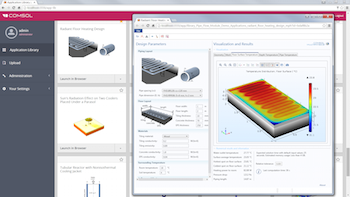
7 Ways to Use the Application Builder and COMSOL Server™
Create apps for colleagues and customers, enhance your model, and set aside a simulation project for later use: Get details on these and 4 other ways you can use the Application Builder.
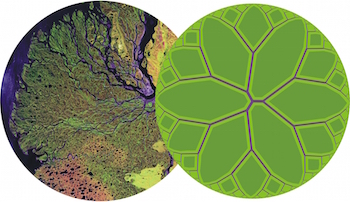
Evolving into a Better Design: Humans and Technology as One
Read about how the concept of constructal law applies to the joint evolution of humans and technology in this blog post about a keynote talk from the Conference of the Academia Europaea 2015.

What Is Geometric Nonlinearity?
If you perform structural mechanics analyses, then you have most likely encountered the concept of geometric nonlinearity. But what exactly does geometric nonlinearity mean?

How to Improve Your Paddle Stroke with Simulation
To take a closer look at a paddle stroke, for activities like canoeing and dragon boat racing, we set up a 2D model in COMSOL Multiphysics® and visualize the flow pattern around the paddle blade.
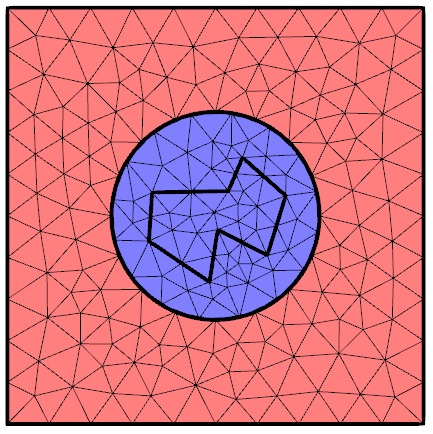
Deformed Mesh Interfaces: Rotations and Linear Translations
Using the finite element method often involves modeling solid objects that are rotating and translating within other domains. See how to use the deformed mesh interfaces to model these movements.
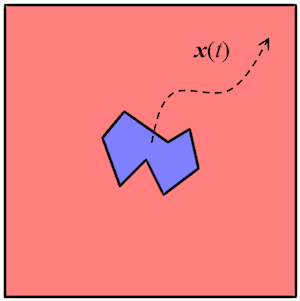
Model Translational Motion with the Deformed Mesh Interfaces
2 interfaces for manually defining the deformation of finite element mesh: Deformed Geometry and Moving Mesh. Learn when and how to use each in this blog post…
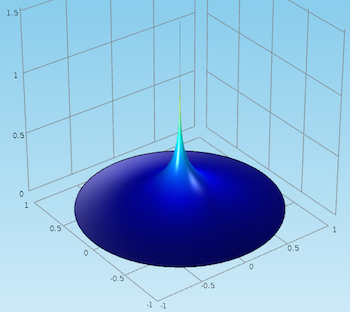
How to Implement a Point Source with the Weak Form
Learn how to implement a point source with the weak form in the COMSOL® software. Part 2 of a blog series discussing the weak formulation.

Studying Salt Damage to the World’s Crumbling Buildings
We sometimes hear of tourists getting into trouble for carving their initials into the walls of the Coliseum in Rome and other famous structures. However, the more serious damage to this architecture is caused by something else entirely — salt. Transported by wind and water droplets, and even found in some building materials, salt is a powerful mineral that can cause a building’s façade to crumble and break. Researchers studied this effect to better predict salt’s behavior and prevent damage.
